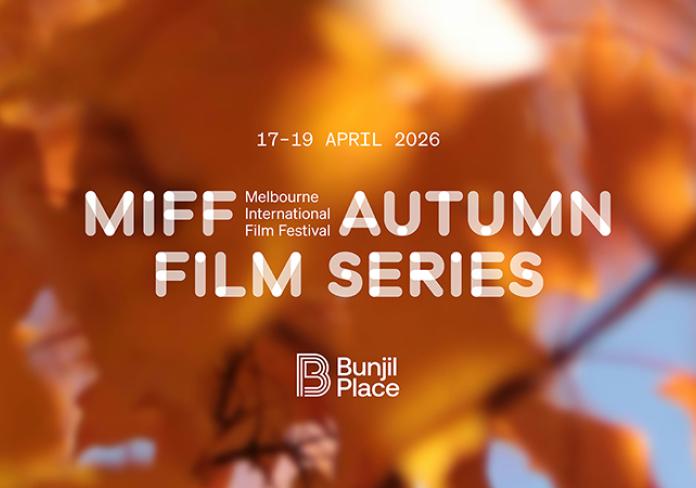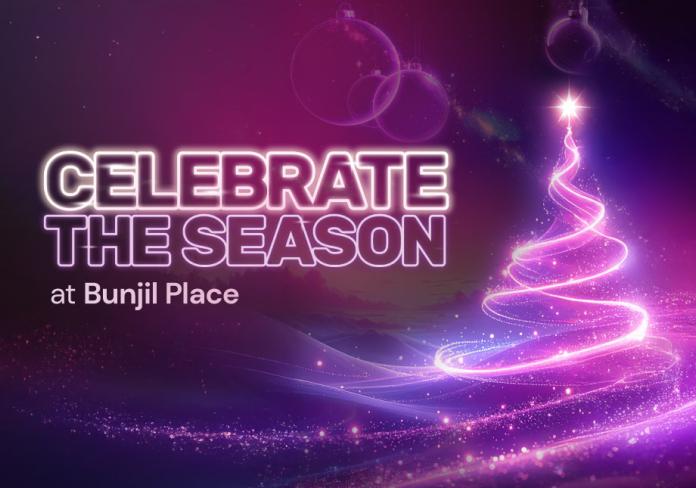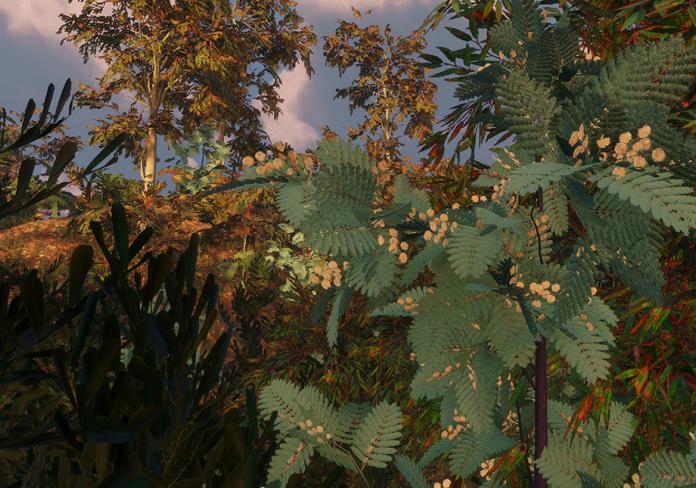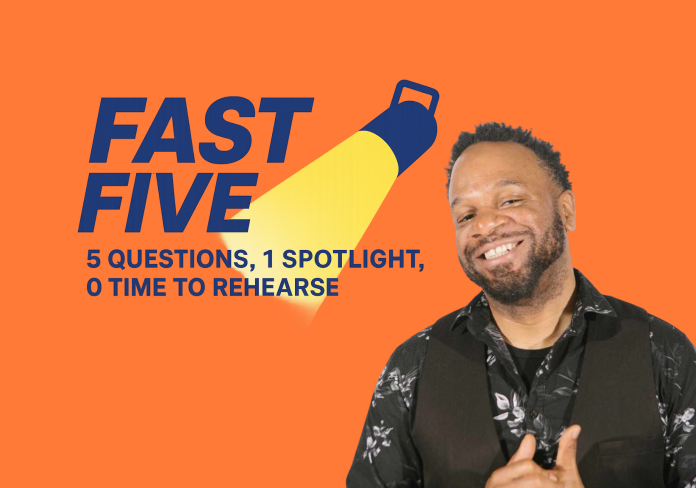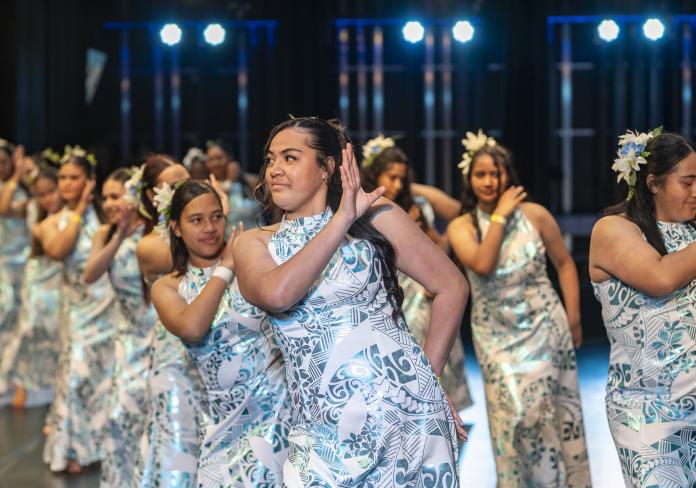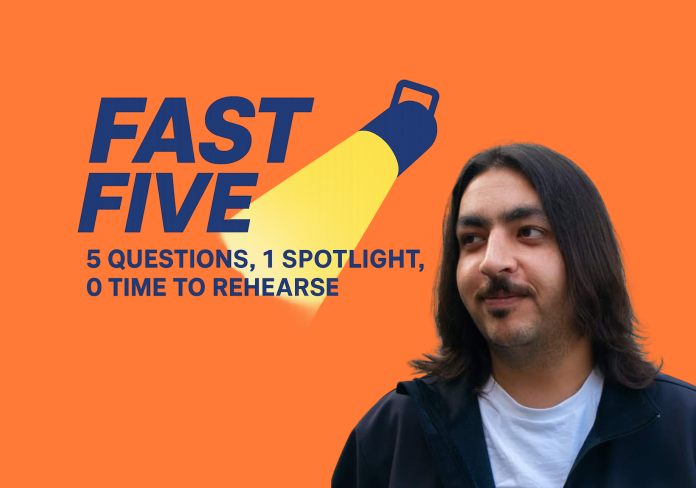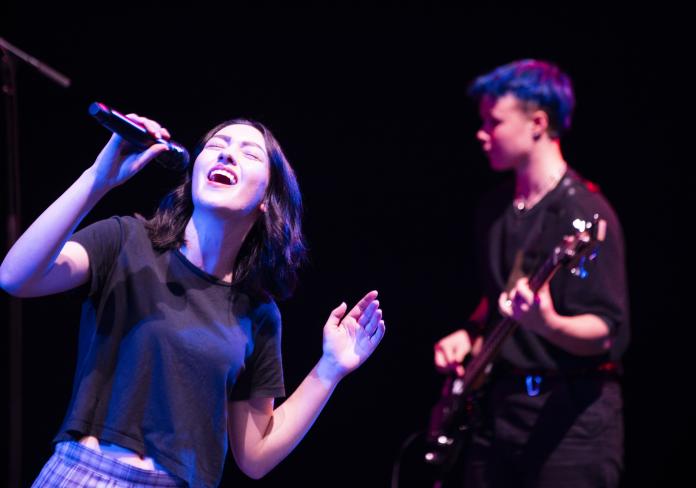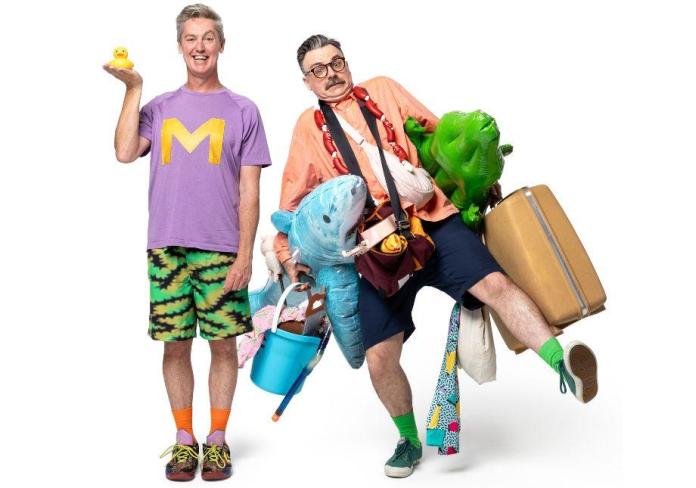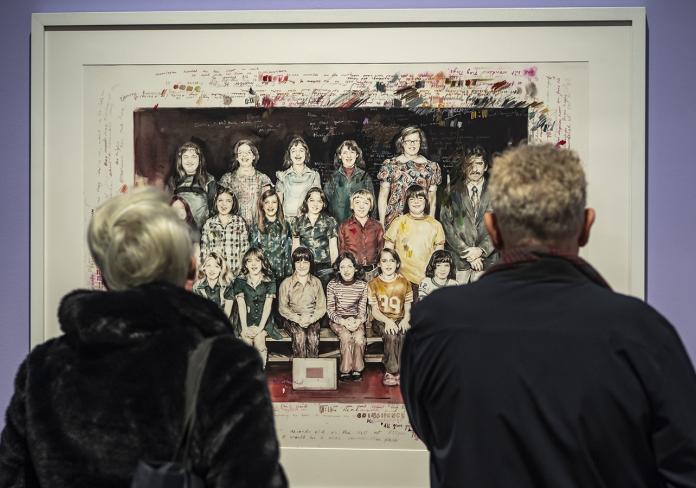charcoal

We proudly acknowledge the Traditional Owners, Casey's Aboriginal communities and their rich culture and pay respect to their Elders, past, present and future. We acknowledge Aboriginal people as Australia's First Peoples and as the Traditional Owners and Custodians of the land on which we live and work.
Continue



